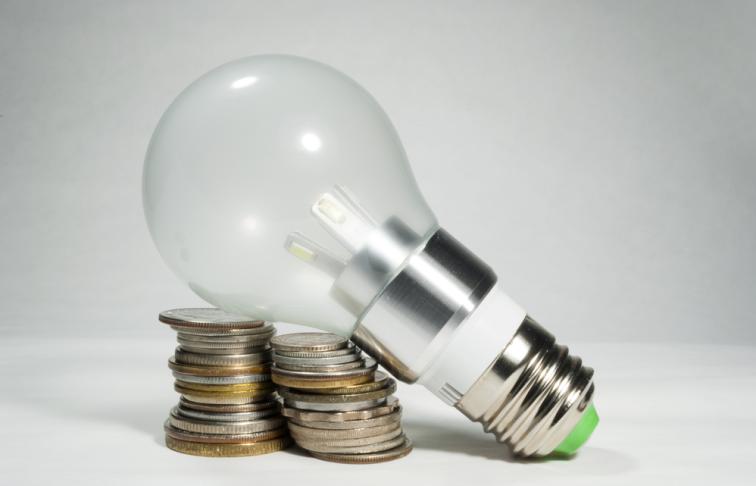Energy prices are soaring, due to the unprecedented price increase in the cost of wholesale energy. Unfortunately, this may make us vulnerable to sophisticated scammers who may tempt us with a too-good-to-miss offer. Here we discover how to spot an energy scam and what to do if you get contacted by someone claiming to be from an energy company or Ofgem, the energy regulator.
How to spot an energy scam
- You receive a cold call, or unsolicited contact, from someone claiming to be from an energy company or Ofgem. Don’t be fooled into thinking the only way you can receive a cold call is by someone knocking your door - you may be contacted by phone, social media, email, pop up message on a website, instant message or text message.
- The cold caller asks to see one of your energy bills, which they may claim will help them to calculate your usage and determine a better deal. In fact, they may be trying to get your personal information.
- The cold caller asks for your bank details. There is never a legitimate reason for this, and it will allow them to gain access to your money within minutes.
- The cold caller insists on gaining access to your home, which is especially of concern if you live on your own or are vulnerable. There is not a legitimate reason for this.
- The cold caller insists that you need to make a decision there and then. Legitimate companies would not do this, they would give you adequate time to consider any offer.
- A door-to-door salesperson tries to sell you an energy efficient gadget to bring down the cost of your bills. In the best-case scenario, it won’t reduce your energy bills. In a worse case, it could pose a fire or electrocution risk.
Protect yourself from Energy Scams
You can protect yourself from energy scammers by following these five easy rules:
- Always ask for identification from cold callers. This will not conclusively prove they work for the organisation they claim to be from, but if they are a scammer, you are sending a powerful message that you are alert and not easy to scam. If they have called at your door and you have your phone at hand, you may even want to take a picture of their ID, if they contact you by text, get the official contact details from their website and contact them directly
- Always know your energy suppliers. Make sure you know who supplies your energy – if someone claiming to be from another energy company contacts you to discuss your account, you will know they are a scammer straight away.
- Never allow yourself to be rushed. This is a classic tactic of scammers – to rush you into taking action before you realise something unusual is going on. Take your time to find out more about anyone who asks you for money, information, personal details etc.
- Never ignore your little voice. If you feel that something is wrong, stop. A legitimate company would never mind.
Report Energy Scams
If you have been targeted by an energy scammer, or been scammed, report it straight away. Sophisticated scammers are experts at parting innocent people from their money but reporting them will help you to stop these criminals, and to prevent others from falling victim to the same scam.
- Report the scam to Action Fraud, the reporting centre for fraud and cyber-crime in England, Wales and Northern Ireland:
- Call 0300 123 2040 Monday to Friday 8am - 8pm
- Use the Action Fraud online reporting tool
- If you live in Scotland, contact Police Scotland on 101
- If you have given your Al Rayan Bank account details to the scammers, contact us immediately for help:
- If your money has been stolen as the result of a scam, you can also report it to the police by calling 101.

